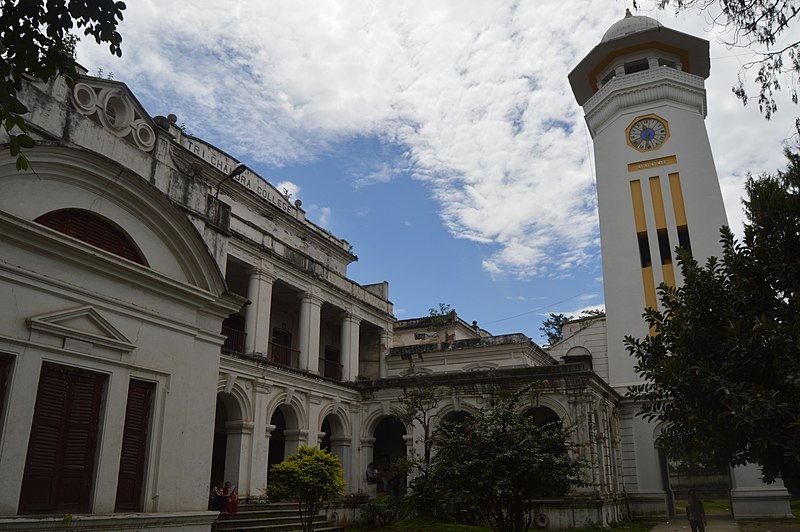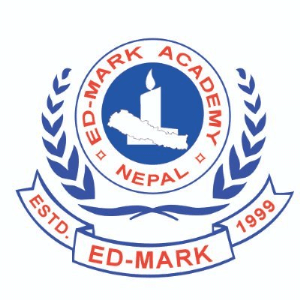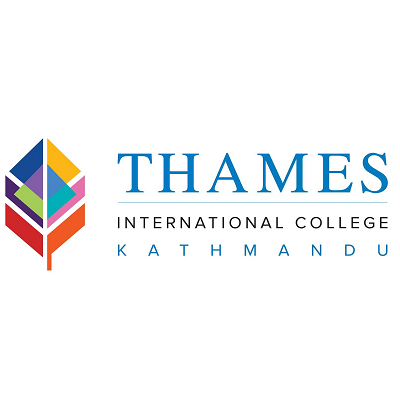Overview
Tri Chandra College (Tri-Chandra Multiple Campus / Tri Chandra Campus) was established in 1918 AD (1975 BS) by Chandra Shumsher. Tri-Chandra College (TC) is Tribhuvan University (TU)'s constituent campus in Ghantaghar, Kathmandu. TC is one of the oldest institutes of higher learning in Nepal.
Tri-Chandra is a shortened combination of two words: Tribhuvan, for the late His Majesty Tribhuwan Bir Bikram Shah, and Chandra, for Rana Prime Minister Chandra Shumsher. The college was formerly named Tribhuvan Chandra Intermediate Campus but was later renamed and shortened to Tri-Chandra.
Tri-Chandra Campus is Nepal's first institution of higher education. A year later, it introduced science at the Intermediate level, marking the country's genesis of formal science education. However, until the advent of democracy in 2007 BS, the college was not accessible to the general public, only to a handful of "noble" members of the Rana regime.
At that time, the primary purpose of imparting science was to prepare the students for further studies in technical subjects in India, such as medicine, engineering, agriculture, forestry, etc. In 1945 AD, science teaching at Tri-Chandra (TC) was upgraded to the Bachelor level (B.Sc.). Tri-Chandra was initially affiliated with the University of Calcutta, then to Patna University, before finally being constituted into Tribhuvan University (TU) in 1959 AD.
Tri-Chandra College offers numerous programs in science and humanities. It offers BSc and MSc programs in science and BA and MA programs in humanities.
Established in 1918 AD, TC is Nepal's first national higher education institution. As a leading campus, Tri-Chandra offers science and technology, humanities, and social sciences courses at bachelor's and master's levels and conducts research and project work across all academic activities. The campus aims to provide its students with an educational environment that ensures intellectual development, professional knowledge, and skills development opportunities.
Developing a community and a nation relies on the level of thinking among its people and the quality of available infrastructure. This infrastructure is a foundation for developing essential services such as education, healthcare, transportation, and communication. A qualitative workforce is necessary to support these sectors, including professionals like teachers, doctors, lawyers, engineers, and mechanics.
Education is essential for developing skilled and quality human resources. It helps nurture conscious, intelligent, creative, responsible, independent, and hardworking citizens. These human qualities can utilize the country's resources for overall development, enhance social changes, and promote economic growth. So, education is the most essential basis for the country's development.
Earlier, there were no formal institutions like schools and campuses to impart education. Education was imparted in religious institutions like Ashrams, Monasteries, Churches, and Madarsas. Teachers taught pupils about the holy scripts and religious rites and rituals, and the medium of instruction was Sanskrit.
Bachelor's Degree
Tri-Chandra Multiple Campus offers morning, day, and evening shifts in various Science and Technology courses and Humanities and Social Sciences at Tribhuvan University for Bachelor's and Master's studies.
Master's Degree
Tri-Chandra Multiple Campus offers morning, day, and evening shifts in various courses within Science and Technology and Humanities and Social Sciences at Tribhuvan UnivBachelor's BachMaster'snd Master’s level studies.
Departments:
| Science & Technology | Humanities & Social Sciences |
|---|---|
| Department of Botany | Department of Economics |
| Department of Chemistry | Department of English |
| Department of Environmental Science | Department of Geography |
| Department of Geology | Department of History |
| Department of Mathematics | Department of Political Science |
| Department of Meteorology | Department of Population Studies |
| Department of Microbiology | Department of Psychology/Philosophy |
| Department of Physics | Department of Rural Development |
| Department of Statistics | Department of Sociology |
| Department of Zoology | Department of Anthropology |

Courses Offered:
| Bachelors Programs | Masters Programs |
|---|---|
| BSc Botany | MSc Chemistry |
| BSc Chemistry | MSc Engineering Geology |
| BSc Environmental Science | MSc Microbiology |
| BSc Geology | MA Anthropology |
| BSc Mathematics | MA Economics |
| BSc Meteorology | MA Nepali |
| BSc Microbiology | MA Psychology |
| BSc Physics | MA Rural Development |
| BSc Statistics | MA Sociology |
| BSc Zoology | |
| BA Anthropology | Post Graduate Diploma |
| BA Culture | |
| BA Economics | Counseling Psychology (1-year Program) |
| BA English | |
| BA Geography | |
| BA History | |
| BA Mathematics | |
| BA Nepali | |
| BA Philosophy | |
| BA Political Science | |
| BA Population | |
| BA Psychology | |
| BA Rural Development | |
| BA Sociology | |
| BA Social Work |
Contact Tri-Chandra College's administrative office for detailed information on the course, admissions, location, fees, scholarships, facilities, counseling, or eligibility.
Contact Address:
Tri-Chandra Multiple Campus
Location: Ghantaghar, near Ratnapark, Kathmandu, Nepal
Phone: +977-1-4225743
















